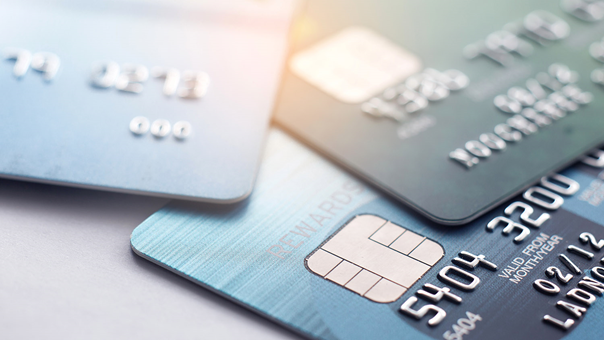You probably understand that getting a credit card represents a massive moment for your finances, which will bring you additional flexibility compared with other options.
Most of us understand how the revolving credit card function. You should know how to handle it responsibly and without creating significant debt. It is vital to check here to understand everything about choosing the first credit card for your requirements.
Remember that the devil is in detail, so you should learn about both advantages and disadvantages, which will help you save dollars and use it without affecting your situation.
1. Avoid the Best Credit Cards
As a beginner, we recommend avoiding the best offers you can get. Moreover, you cannot qualify as well, mainly because you do not have a borrowing history, meaning you must wait for the right moment.
Generally, the best ones come with perks and rewards and bonuses that feature zero-percent periods. The main idea is that you can get them with score more significant than 690 FICA points. At the same time, you must have proper income to ensure the best course of action.
Instead, it would be best to go easy at first and get the option for people with no or limited history. Still, it is not the worst-case scenario because some of them can offer you specific rewards while you may not get annual fees.
2. Secured Credit Cards

It is important to remember that if you have trouble getting approved, you should choose a secured counterpart instead. Generally, they are perfect for everyone who has bad or damaged rating. The main goal is to open your account by making a secured deposit beforehand.
The limit is equal to the deposit you place inside. In some situations, you can deposit a higher amount, which will provide you a more significant limit. Of course, everything depends on provide you choose but the requirements range between $200 and $500.
Of course, if you cannot repay everything on due or default, you will deposit. Similarly, you would lose a car if you use it as collateral. Therefore, it is vital to pay everything on time and try to stay above the limit. That way, you can boost your credit score and get better terms and rates in the future.
When you reach the point of a high credit score, a provider may upgrade your account to an unsecured one, which does not require a deposit as collateral. As a result, they will return everything you used.
It is vital to remember that secured credit cards are different from debit ones. With the prepaid options, you should load money inside and use the amount you have. That way, you cannot hurt your credit score in a long run.
On the other hand, you must make monthly payments to handle the balance you used beforehand. As a result, the process will affect your overall rating and score, which means you can get considerable amounts. Enter this website: søkkredittkort.com/ to understand how to get it in the first place.
3. Build or Ruin Your Credit Score
Similarly, as mentioned above, one of the biggest reasons for getting a revolved credit is to boost the score. Of course, you must be as careful as possible because one missed payment can create an opposite effect. The main idea is to determine what you wish to do.
You should know that a provider or issuer will send a report of your activities to credit bureaus, which are companies that will compile your report and create a score depending on your actions.
Remember that you will find in report everything including how much available credit you used and whether you paid everything on time or not. We recommend you to avoid maxing out the card and avoid paying on due, which are vital factors to remember.
The best way to make sure your credit card activity will help your score in the long run, is by paying everything on time and staying above the thirty percent limit. At the same time, you can analyze your rating to determine the best course of action.
4. Rates and Fees
It is essential to understand that credit card issuers must publicly disclose specific terms including interest rates and fees before signing anything. You will notice them in a Schumer box, a table you can find on terms and regulations paper or online page. It features relevant info, including:
- Annual Fee – We are talking about the amount you must pay each year for using and keeping a card in the first place.
- Annual Percentage Rate – The APR is the percentage you must handle, especially if you do not pay everything you took before the billing date. It depends on the credit card you decide to get because different options will come with different rates. At the same time, the type of balances will affect the fees meaning cash advances, balance transfers, and purchases come with different rates and fees. Some come with a penalty, which you will get after a late payment.
- Foreign Transaction Expenses – When you decide to travel, you must pay foreign expenses, which are approximately three percent of the overall balance you wish to take.
- Late Expenses – Similarly, as mentioned above, you must pay them meaning you should handle the balance before the due, which will lead to additional expenses.
5. Avoid Credit Card Fees
You can avoid fees altogether, but you should understand how.
- Starter cards do not come with annual expenses
- You can avoid late fees if you pay everything on time
- If you don’t want to make card charges while abroad. In that case, you can stop thinking about foreign fees. Remember that some providers do not come with additional charges.
- Balance transfer fees and cash advances are avoidable in case you should avoid making such transactions
- Over-limit fees happen when exceeding the limit, but you will not get the expense if you stay within the amount you can take. Remember that exceeding the limit will affect your score, so you should avoid doing it.

